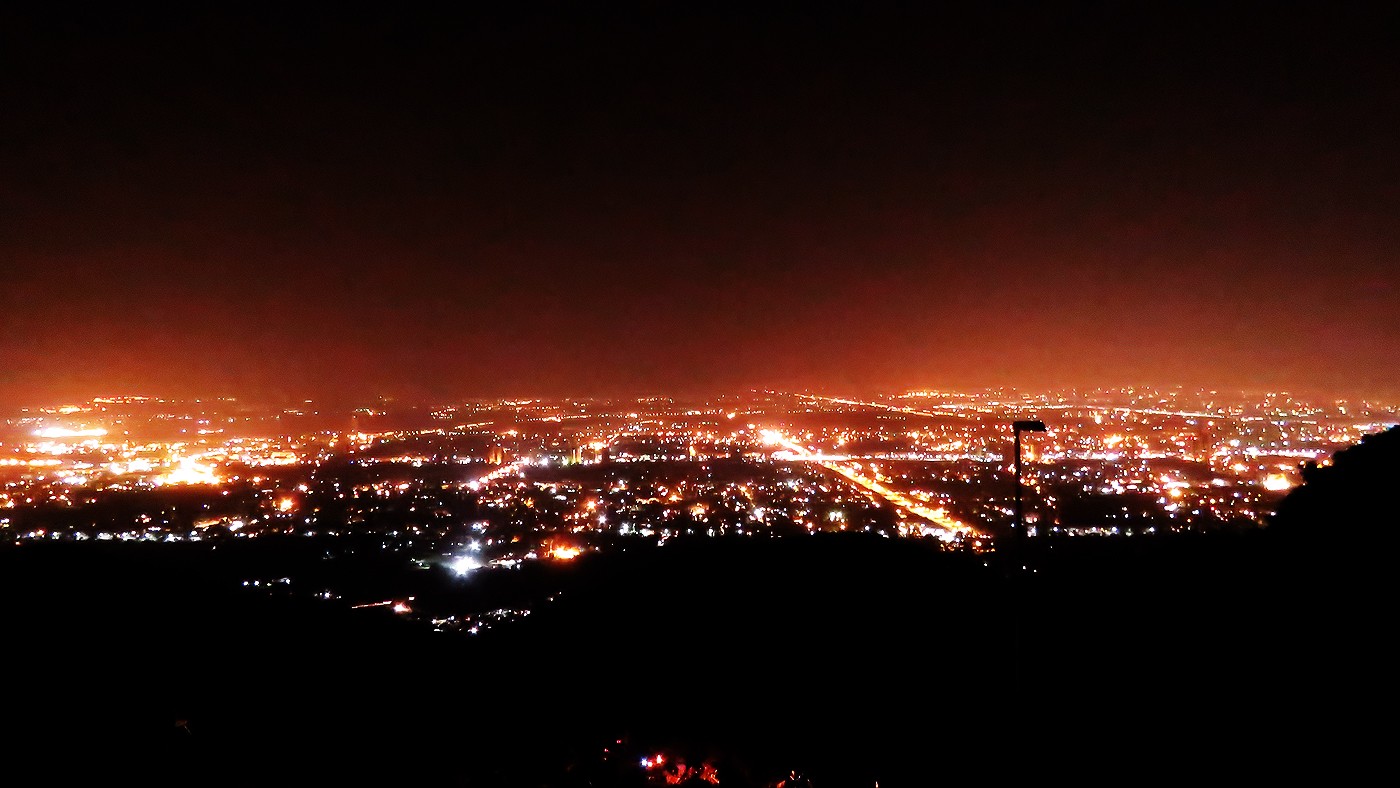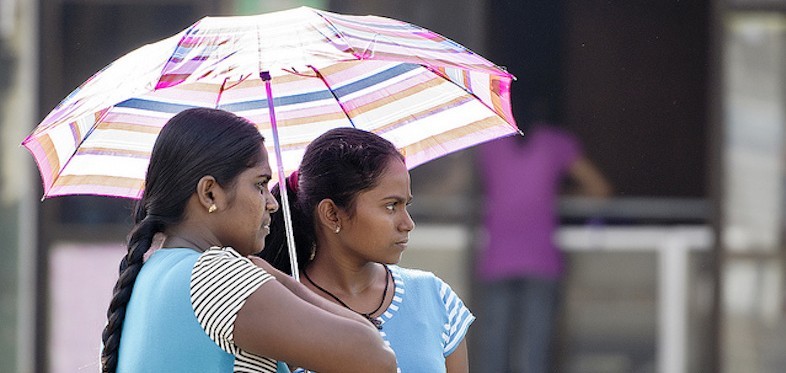Sri Lanka faced a severe economic crisis that triggered widespread and large-scale protests, ultimately leading to the resignation of the Prime Minister and the President. The parliament then elected Ranil Wickremesinghe as interim president, who immediately declared a state of emergency and deployed the police and military to disperse protesters using force.
The COVID-19 pandemic severely impacted the economy of Sri Lanka that had already stagnated before with low growth rates and low investor confidence. Rather than taking remedial steps, the previous government outright lied about the situation and continued its disastrous trajectory of tax cuts, which significantly exacerbated the crisis.
During Wickremesinghe’s presidency, Sri Lanka made progress in obtaining the IMF to receive an extended fund facility and pushed through several reforms, including reversing the disastrous tax policy. However, he continues to crack down on civil liberties and is using IMF conditionalities as an alibi for extra-constitutional maneuvers to postpone elections.

